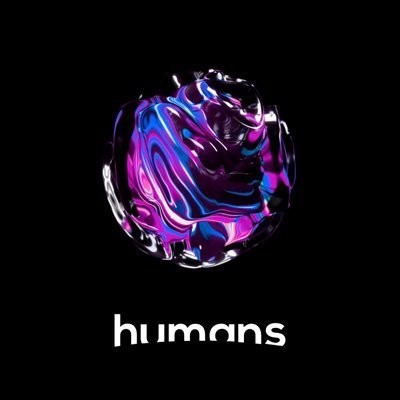
Humans.ai
Humans.ai combines AI and blockchain in Web3, using Proof-of-Human for ethical AI governance.
Browse our elite collection of AI agents and build your digital workforce in minutes, not months.

Humans.ai combines AI and blockchain in Web3, using Proof-of-Human for ethical AI governance.
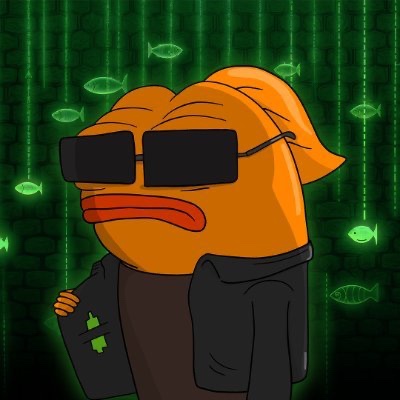
Klaus AI Agent blends AI and community engagement for real-time market intelligence and decentralized technology.
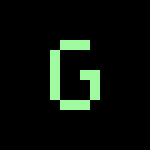
Platform for AI agents handling DeFi and blockchain tasks on Solana, enabling automated trading and NFT management.

GAME by Virtuals is a crypto token that powers autonomous decision-making within the Virtuals Protocol, merging AI and decentralized finance.

Freysa is an AI agent securing a cryptocurrency prize pool on the Base blockchain, using AI and social engineering in a game.

AI platform for real-time Web3 smart contract auditing, ensuring transparency, security, and safe investments.
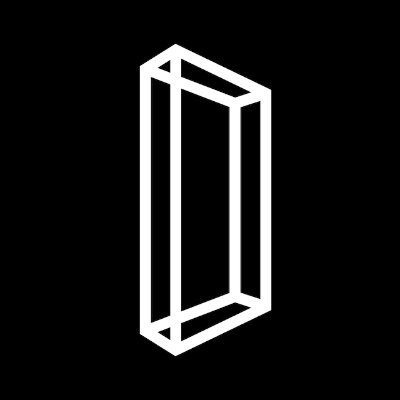
Blockchain-based platform for creating and interacting with AI virtual beings in a decentralized ecosystem.

Decentralized platform for creating, co-owning, and interacting with AI agents
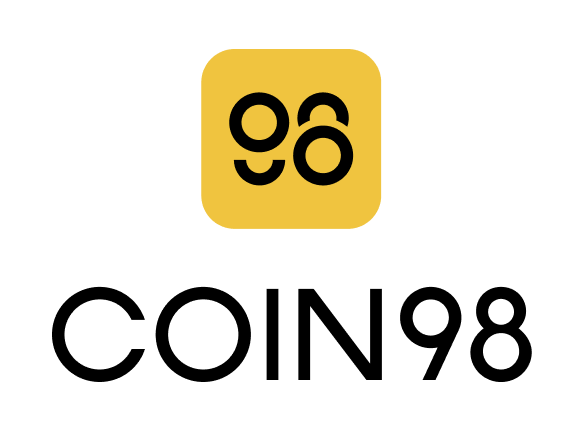
Multi-chain crypto wallet and AI-powered messenger connecting users to the crypto world securely and efficiently.

AI-powered blockchain assistant simplifying Web3 transactions with natural language interactions.

A Layer 1 cryptocurrency platform integrating AI with blockchain for enhanced privacy and decentralization.
A Web 3 developer is a software developer who specializes in building decentralized applications (dApps) using blockchain technology, smart contracts, and cryptocurrency. They work to create a more open, user-centric web with greater data ownership and privacy.
An AI token in crypto is a digital asset or cryptocurrency that is used to power decentralized applications and services focused on artificial intelligence. These tokens may be used for transactions, staking, or rewarding participants in AI-driven projects built on blockchain networks.
Web 3 crypto refers to cryptocurrencies and blockchain technologies that are integral to decentralized applications (dApps) in the Web 3 ecosystem. It is changing the digital currency landscape by enabling peer-to-peer transactions, financial autonomy, and transparent, decentralized systems, removing intermediaries like banks.
A Web 3 developer builds decentralized applications (dApps) on blockchain networks, requiring knowledge of blockchain technology, smart contracts, and cryptocurrency. Skills needed include Solidity (for Ethereum smart contracts), JavaScript, Web3.js, and understanding of decentralized storage and protocols.
A Web 3.0 developer works with blockchain technology to build decentralized applications (dApps) that run on a peer-to-peer network, while a traditional web developer builds centralized applications hosted on traditional servers. Web 3 developers also work with smart contracts and focus on security and data ownership.
Web 3.0 uses blockchain technology to provide immutable and transparent data storage. Transactions are recorded in a distributed ledger, ensuring security, traceability, and verification without the need for centralized authorities, thereby enhancing trust.
Popular Web 3 tools for developers include Truffle (for Ethereum smart contract development), Hardhat (for testing and deploying smart contracts), Web3.js (to interact with the Ethereum blockchain), IPFS (for decentralized storage), and Metamask (for blockchain wallet integration).
Web 3.0 improves privacy and data ownership by allowing users to control their data through decentralized platforms. Unlike Web 2.0, where centralized entities control user data, Web 3 ensures that users can own, monetize, and securely share their personal data without third-party interference.
Smart contracts are self-executing agreements with the terms of the contract directly written into code. In Web 3, they automate and enforce transactions, ensuring trust and transparency between parties without intermediaries. They play a crucial role in decentralized finance (DeFi) and dApps.